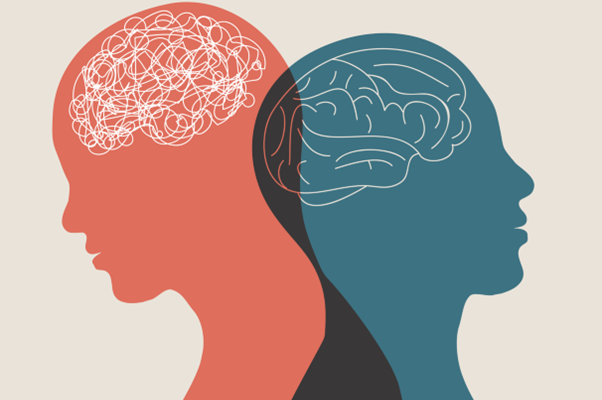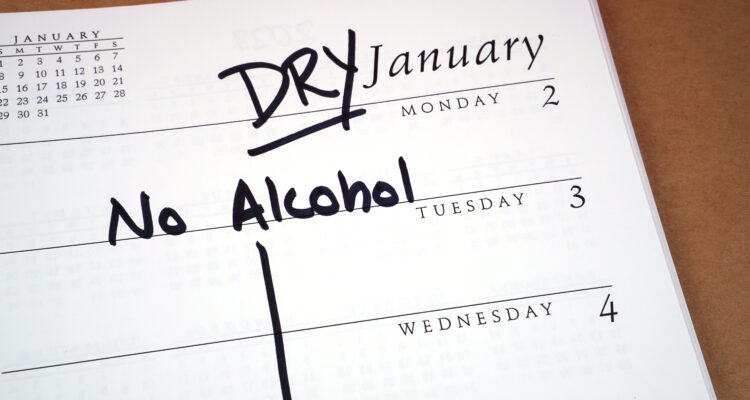It’s believed that SAD (seasonal affective disorder) affects around 2 million people in the UK[1].
Most people have heard of “the winter blues” – when the early nights, short days and cold weather bring on low moods. However, did you know it’s possible to suffer from SAD during the summer months? This is sometimes referred to as ‘Reverse Seasonal Affective Disorder’, Summertime SAD or major depressive disorder (MDD) with seasonal pattern.[2]
Whilst it’s not fully understood yet, the good news is that you can do things to get yourself back on track!
What are symptoms of Winter Seasonal Affective Disorder (SAD)?[3]
- Persistent low mood.
- No pleasure or interest in normal everyday activities.
- Feelings of despair, guilt, and worthlessness.
- Irritability.
- Lack of energy.
- Sleeping for longer than normal, wanting to sleep during the day and finding it hard to get up in the morning.
- Craving carbohydrates.
- Difficulty concentrating.
What are the symptoms of summer SAD?[4]
Summer SAD is thought to have its own unique symptoms including:
- Insomnia.
- Restlessness.
- Agitation.
- Lack of appetite.
- Anxiety.
- Social withdrawal.
What causes Summertime SAD?
In the case of Summertime SAD, heat and humidity may be a factor. Studies show in places with tropical climates, SAD is significantly higher – with heat and humidity having a big impact on mood and behaviour.
Some studies have found that pollen and allergies are associated with summer SAD. One study found that high pollen counts were associated with summer SAD, but not with winter SAD.[5] Allergies like hay fever or insect bites causing irritation can be stressful and get you down.
There is also the over exposure to sunlight. Sunlight is thought to have an impact on the production of melatonin (your sleep hormone) and Serotonin (your good mood hormone)[6]. Changes in these can severely affect your sleep and mood.

How can I manage my SAD in summer?
While some cases of seasonal affective disorder may need medical attention and support, the great news is there are changes you can make to try and boost your mood.
1. Keep a good sleep routine.
It’s thought that SAD is massively impacted by the hormone melatonin. As we have said, it’s known to play a part in the sleep/wake cycle. This is why it’s important to keep a good sleep routine despite there being longer days. On average adults need 7 to 9 hours of sleep a night[7]. Invest in some good blackout curtains or an eye mask to stop the sunlight keeping you awake or waking you up early.
2. Eat a healthy and balanced diet.
Your diet can have a huge impact on how you feel. Many are unaware that lacking vital vitamins and minerals such as:
- B-complex vitamins are often used to reduce fatigue and boost mood. Some studies suggest that B vitamins can lift your spirits and improve your cognitive performance.[8]
- Magnesium supplements have been shown to help with depression.[9]
- Omega-3 supplements plays a key role in brain development, mental health, and psychiatric disorders.[10]
It’s also a good idea to cut down on your caffeine content throughout the day, particularly 4-6 hours before going to bed, as this can mimic the symptoms of anxiety and disturb your sleep[11].
3. Exercise later in the day or early in the morning.
Exercise is a perfect way to boost a low mood. It’s found that exercise not only reduces levels of the body’s stress hormones, cortisol, and adrenaline but it also stimulates the production of endorphins [12]. Physical activity can also help to boost your self-esteem, mood, sleep quality and energy levels. If you have summertime SAD, try and make it later in the day or early in the morning, so you can avoid the midday heat overwhelming you.
4. Do things you love!
Summer often brings the pressures of socialising outside, spending time on the beach and drinking in beer gardens. But that’s not for everyone. Remember to do the things you love and enjoy it; despite what month it says on the calendar. This can help you to have a positive shift in mindset and switch off from the pressures of summer.
If you feel you’re struggling with SAD or any aspect of your mental health, please reach out to your GP immediately.
[1] Beating the winter blues | NHS inform
[2] Depression | NAMI: National Alliance on Mental Illness
[3] Overview – Seasonal affective disorder (SAD) – NHS (www.nhs.uk)
[4] https://www.psychiatryadvisor.com/home/topics/mood-disorders/could-summer-depression-be-seasonal-affective-disorder/
[5] Guzman A, Tonelli LH, Roberts D, et al. Mood-worsening with high-pollen-counts and seasonality: a preliminary report. J Affect Disord. 2007;101(1-3):269-274.
[6] Overview – Seasonal affective disorder (SAD) – NHS (www.nhs.uk)
[7] Insomnia – NHS (www.nhs.uk)
[8] B-Complex Vitamins: Benefits, Side Effects, and Dosage (healthline.com)
[9] Magnesium: An Essential Supplement for Psychiatric Patients – Psychiatry Advisor
[10] (PDF) Omega-3 fatty acids and mental health (researchgate.net)
[11] Food, Mood, and Anxiety :: Midlands Partnership University NHS Foundation Trust (mpft.nhs.uk)
[12] Exercising to Relax – Harvard Health Publishing – Harvard Health



